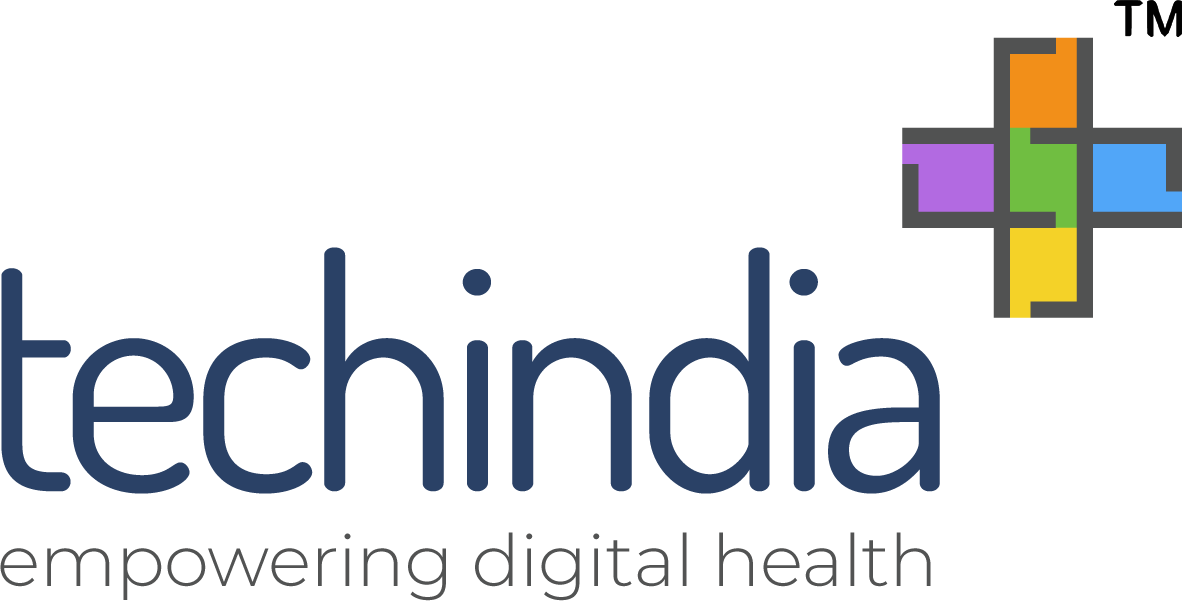- Posted: 18 Feb 2022
Triaging cardiac infarction over the telemonitoring
Triage nurses tend to struggle with challenges when evaluating patients with possible cardiac infarction, especially if it’s done via telemonitoring. Not all patients share the same symptoms, after all. There are notorious cases of silent cardiac infarctions, which produce barely palpable signs, to the point that people don’t feel the need to go to the ER for it.
That’s never a good move since all patients possibly experiencing cardiac infarction should be evaluated immediately. On the part of triage nurses, they should adhere to a better system that has clear, effective protocols that will anticipate the possibility of these silent cases.
For one, women are known to exhibit symptoms less commonly associated with a cardiac infarction. Their pain might not focus solely on the chest but radiate to the back, neck, arms, and jaw instead. The pain can even worsen to the point that it interrupts sleep.
Certain conditions mimic heart attacks, too, and these include the flu, heartburn, and stomach ulcers. You may sweat more than usual as well or feel profoundly tired.
Noting the Variability of Cardiac Infarction Symptoms Based on Actual Patient Sample Cases
There is the case of a 58-year-old male who suffered a heart attack. He called a nurse after experiencing pain in the middle of the back that radiates upwards. He thought it wasn’t tied to the said heart attack and assumed overworking as the main cause. He exhibited mild shortness of breath, though, prompting his nurse to refer him to his doctor for further examination.
Another involves a 45-year-old female in relatively good health. Her work had been stressful, and she had been experiencing symptoms of heartburn. Fatigue set in as well, and she attributed these symptoms to menopause. She delayed contacting her physician for a few more days before ultimately deciding to call her. The physician recommended an ECH, which revealed cardiac infarction signs.
The last is also a female, 76 years of age. She was experiencing extreme pain in her elbow, and that was her sole symptom. It was not until her husband convinced her to contact a triage nurse that they found out that she was having a heart attack.
Why Do People Tend to Delay Going to the Doctor?
In most cases, people simply make the mistake of blaming what they feel on stress. It could have just been because you overworked yourself. Or you didn’t sleep that well last night. Maybe it was the late dinner that you ate, which is now giving you heartburn.
Why do they opt to focus on stress instead? Well, it’s mostly because they’re in denial. They think it’s just something benign since they’ve experienced the same symptom before, and it went away.
How can triage nurses ensure that they’re evaluating a nervous patient properly once they receive the call? These are the best courses to take in almost any kind of scenario involving a heart attack:
- Always consider pain between the neck and navel as chest pain, until proven wrong.
- Next, they should already have a list of possible diagnoses the moment they start communicating with the patient. Multi-thinking becomes nothing short of necessary to come up with the most effective route to take to assure the most ideal outcome.
For example, the nurse should assume that the specific symptom the patient is feeling could be the result of gastritis, a hernia, or a heart attack.
If fatigue is also included, it could be due to stress, insomnia, or any kind of illness for that matter. More importantly, the nurse should establish a possible connection between the separate symptoms being felt.
Ultimately, the best way to rule out whether these combination of symptoms are being caused by either a heart attack or heartburn is to run the patient through a battery of tests. A blood test and ECG are two great tests to conduct, and both are often enough for a physician to make a proper diagnosis.
It falls entirely in the hands of the triage nurse to follow protocols and apply nursing knowledge and critical thinking skills. It’s equally vital to ask the right inquiries in order to correctly determine the current physical state of the patient.
Again, everyone’s symptoms are different, so it’s only right for the doctor to take note of and evaluate noteworthy symptoms.
Recent Post

We're helping some of the most respected names in healthcare deliver measurably better outcomes. Let us show you what personally Human & AI integrated solution can do for your organization. While filling the form, please fill in the information more specifically that you are looking for.
Thank you for your query! We will get back to you shortly!!

